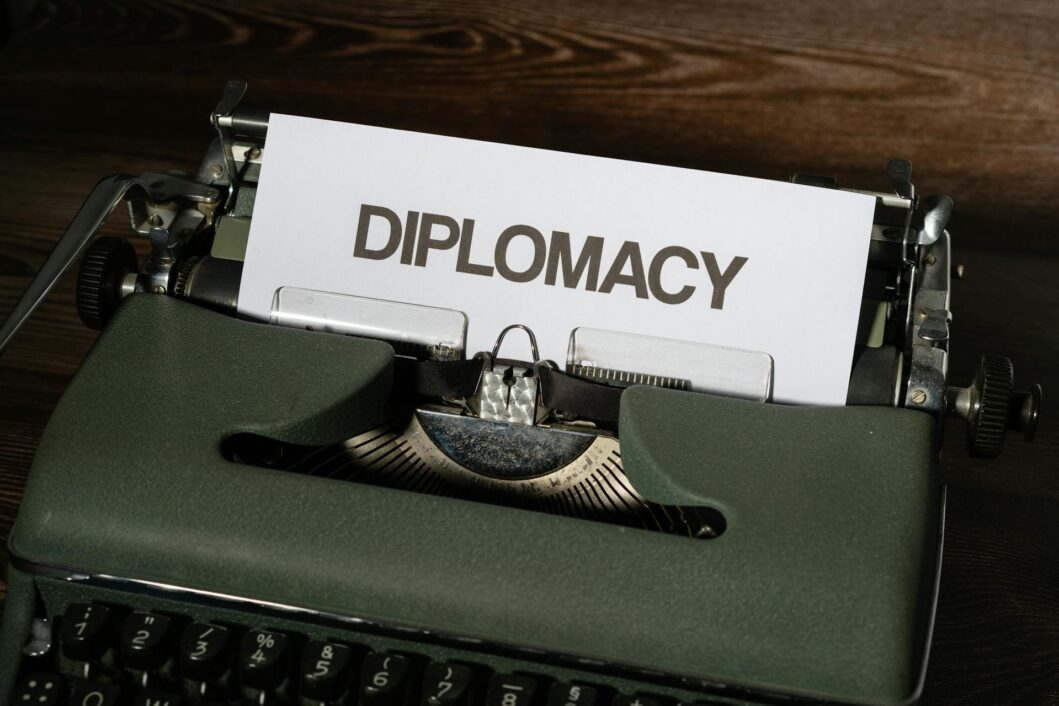International relations are the lifeblood of diplomacy, serving as the framework within which diplomats operate. As representatives of their nations, diplomats play a crucial role in fostering cooperation, resolving conflicts, and advancing mutual interests on a global scale. Understanding and leveraging international relations are essential for any diplomat striving for success and impact in their career.

1. Facilitating Peace and Conflict Resolution
One of the most significant aspects of international relations is its role in promoting global peace and resolving conflicts. Diplomats act as intermediaries in negotiations, mediating disputes between nations and advocating for peaceful solutions. By understanding the nuances of international relations, they can build trust, address grievances, and prevent escalations that could lead to war.
2. Strengthening Economic Ties
Economic cooperation is a cornerstone of modern diplomacy. Through trade agreements, investment treaties, and collaborative initiatives, diplomats contribute to their country’s economic growth and stability. Knowledge of international relations allows diplomats to identify opportunities, navigate trade disputes, and ensure mutually beneficial partnerships.
3. Enhancing Cultural Exchange
Cultural diplomacy fosters mutual understanding and respect between nations. By promoting cultural exchange programs, education partnerships, and artistic collaborations, diplomats strengthen relationships beyond politics and economics. These efforts build goodwill and lay the groundwork for long-term collaboration.
4. Addressing Global Challenges
Issues such as climate change, terrorism, and pandemics transcend national borders, requiring collective action. International relations provide the platform for nations to collaborate on these global challenges. Diplomats are instrumental in facilitating these discussions, aligning interests, and driving initiatives that benefit the global community.
5. Maintaining National Security
Strong international relations contribute to national security by building alliances and fostering stability in volatile regions. Diplomats work to create agreements that deter aggression, promote intelligence sharing, and strengthen collective defense mechanisms, ensuring their nation’s safety and sovereignty.
6. Promoting Human Rights and Development
Diplomacy plays a pivotal role in advocating for human rights and global development. By engaging in multilateral forums and bilateral discussions, diplomats address issues like poverty, inequality, and human rights violations. These efforts contribute to a more equitable and just global society.
7. Building Networks and Alliances
Strong international relations allow diplomats to establish networks and alliances that serve their nation’s interests. Collaboration with international organizations and governments ensures support for initiatives and policies on a global scale.
For diplomats, mastering the complexities of international relations is not just a skill—it is a necessity. It enables them to bridge nations, navigate challenges, and contribute to a more connected and cooperative world.

